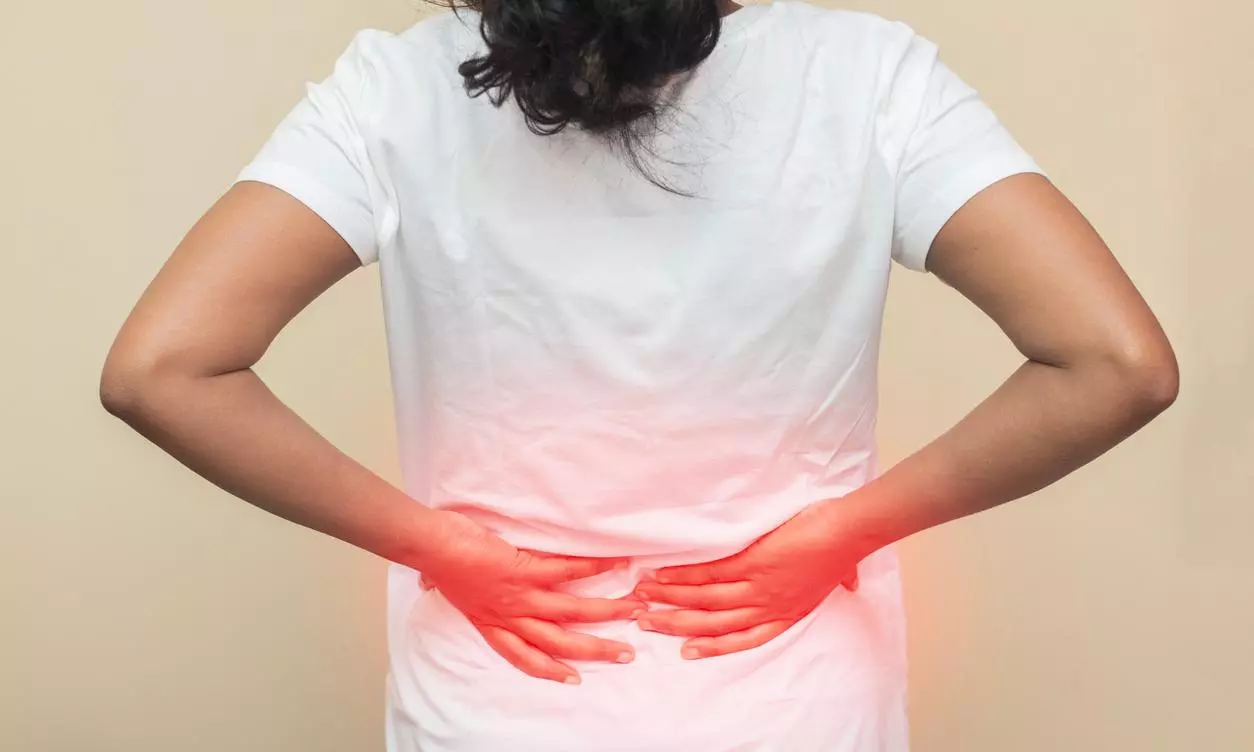
Toxic air and winter chill worsen arthritis flare-ups in Delhi-NCR
Doctors report a spike in joint pain as pollution and cold weather combine to aggravate arthritis symptoms, urge proactive care and awareness

New Delhi, Nov 19 (PTI) As the national capital enters its harsh winter phase with plunging temperatures and thickening smog, physicians are sounding the alarm on a dual threat to joint health.
Over the past two months, consultations for joint pain among patients with chronic arthritis have risen, although specific data quantifying the overall increase in joint cases across Delhi remains unavailable.
A 2025 study published in the European Medical Journal found that long-term exposure to fine particulate matter (PM2.5) increases the risk of developing arthritis by 12 to 18 per cent, reinforcing concerns that poor air quality and cold weather together can significantly worsen joint pain and inflammation, according to orthopaedic specialists across the Delhi-NCR region.
In many cases, the winter chill causes muscles around joints to tighten, blood flow to slow, and the tissues around the joint to contract.
These factors are enough to worsen stiffness in patients and increase pain in patients with Osteoarthritis (OA) or Rheumatoid Arthritis (RA). At the same time, research shows that air pollution may be playing a key role in aggravating these conditions.
Dr Arvind Mehra, of Paras Health Gururgram, said, "Over the past several weeks, we have seen more arthritis issues, especially with older people and those who already have joint problems. Cold temperatures reduce blood supply around the joints, making them stiffer, while inhaled pollutants stimulate inflammatory pathways that can worsen pain and swelling." For patients with OA or RA, this combination of cold and toxic air acts almost like a biological stress test on the body, he said.
"We advise patients to keep themselves warm, handle flare-ups quickly, do light indoor workouts to keep joints moving, and see a doctor when needed. Timely intervention and consistent management are critical to prevent long-term deterioration," Dr Mehra said.
Dr Simon Thomas, of Robotic Joint Replacement and Reconstruction, Max Healthcare, added, "We have seen how environmental factors, and it is becoming clear that in the hazardous air and our surroundings, really impact joint health." "Tiny air particles such as PM2.5 don't just affect our lungs, they also get into our blood, which can cause body-wide swelling and speed up joint problems," he said.
We have seen that people living in heavily polluted areas tend to have slow recovery after joint surgery and have their pain return more often, Dr Thomas said.
Moreover, at the 40th annual conference of the Indian Rheumatology Association (IRACON 2025), which was held from October 9-12, leading rheumatologists cited alarming evidence that toxic air and PM2.5 pollution could be fuelling a surge in rheumatoid arthritis cases across Delhi-NCR.
Doctors noted that managing arthritis during Delhi's winter now requires an integrated approach that combines medical care with environmental awareness.
Beyond symptom control, physicians are urging patients to plan their routines around daily air quality levels, stay physically active indoors, and consult specialists promptly if stiffness or swelling intensifies.
This winter in Delhi-NCR brings an important point that our health is closely tied to the air we breathe and the world around us. Keep walking now means dealing with pollution just as much as getting medical help, they said.

